It has been 50 years since the country was unified, but the memories of 20 years of association with the Club are still vivid and unforgettable in the memories of generations of Southern cadres who gathered in the North.

The South in the heart of Hanoi
At that time, the Thong Nhat Club was considered a "miniature South" because it was a place for officials and people from almost all the Central and Southern regions to gather, exchange and participate in cultural activities. Hue accents, Quang Nam accents, and Southern accents... blended together, making it sound fun and strangely familiar. Every week, people came to listen to the news, watch art performances, read books, compete in sports, and enjoy local specialties...
Many people also received postcards and letters from the South, and found relatives or fellow countrymen who had gathered together. And here, many Southern cadres met their loved ones and became sons-in-law of Hanoi, something they had never thought of before.
On weekends, the Club grounds were packed with people. Hue folk songs, reformed opera, bai choi, along with the music and drums from the Club resounded out to the street, attracting passersby. My aunt lived on Hang Bac Street and loved reformed opera, so she often came to the Club. And from this place, my aunt became married to a cadre from Phu Yen. I remember one time she took me to the Club to listen to singers Quoc Huong and Tran Thu sing “Tinh trong la thiep” (Love in the leaves) and “Cau ho ben bo Hien Luong” very sweetly.
My aunt told me that one Saturday evening, the entire Club hall suddenly burst into applause when Prime Minister Pham Van Dong appeared. His Quang Ngai accent resounded warmly: “Hello fellow countrymen from the South and all of you who are sons-in-law and daughters-in-law of the South!” The Prime Minister praised the good work and study of the regrouped cadres. Everyone was moved to tears by the Party and Government’s concern for the regrouped compatriots far from their homeland.
When my first child was 3 years old, my aunt and uncle took him to celebrate the Mid-Autumn Festival at the Club. It was an honor and a surprise that on that Mid-Autumn Festival night, the Club welcomed Uncle Ho to celebrate with the children of the South. My aunt always regretted not taking any photos at that time to keep as souvenirs later.
A place to connect and nurture love
For 20 years (1955 - 1975), the Unification Club received attention from the Government Unification Committee, the government and the people of Hanoi, creating all conditions, giving priority to the activities of cadres and compatriots from the South. The wishes of cadres to be arranged housing, to study further, to have suitable jobs, or to return to the South to fight... were all received by the Club, and proposed to superiors to resolve. In 1974, many friends and compatriots of Uncle Dung were able to return to the South, probably to prepare for the General Offensive. My uncle was very impatient, eagerly applying to go to the South.
In early March 1975, Voice of Vietnam radio station continuously reported the victory: On March 10, 1975, Buon Ma Thuot was completely liberated; on March 26, 1975, the Liberation Army took control of Hue city. And at noon on April 1, 1975, the whole Phu Yen province was liberated. My uncle happily cheered throughout the Club yard: "My hometown is liberated, brothers!"
From early morning until late at night on April 30, 1975, the Thong Nhat Club was packed with people from the South waiting for news of victory. The loudspeakers around Hoan Kiem Lake continuously broadcast war news and the songs “Marching to Saigon” and “Saigon insurrection”. At noon, the radio broadcast the news that our army had occupied the Independence Palace and that Saigon was completely liberated, and artillery exploded throughout the capital. “The South is liberated! We are about to return home, my brothers!” The club exploded, everyone hugged each other, shouting, tears of joy. My uncle was silent. Many people sobbed...
On the night of May 1, 1975, Hanoi set off fireworks to celebrate the victory. By Hoan Kiem Lake, my groom took out a piece of paper from his coffin and showed it to my aunt. It was “Uncle Ho’s Letter to the soldiers, cadres and families of cadres from the South who went to the North” written in 1954. He wrote: “Although our compatriots have temporarily left their homeland, they are still close to the Party Central Committee, the Government, the army and the people of the North. The North and the South are still one family”. Then he put his arm around my aunt’s shoulder: “As for me, I am still lucky to have met you - the beloved wife of my life!” Even though decades have passed, my aunt’s eyes still welled up when she recounted the story.
At the end of 1975, my aunt and uncle moved to live and work in Phu Yen. In the following years, every time they returned to the capital, they would visit house number 16 Le Thai To, both of them wandering for a long time as if to find the emotions of Hanoi "once bombed" and the memories that connected their love at this historical club.
Source: https://hanoimoi.vn/nho-mot-thoi-cau-lac-bo-thong-nhat-698822.html


![[Photo] Ho Chi Minh City after 50 years of national reunification through buildings and symbols](https://vstatic.vietnam.vn/vietnam/resource/IMAGE/2025/4/15/a224d0b8e489457f889bdb1eee7fa7b4)
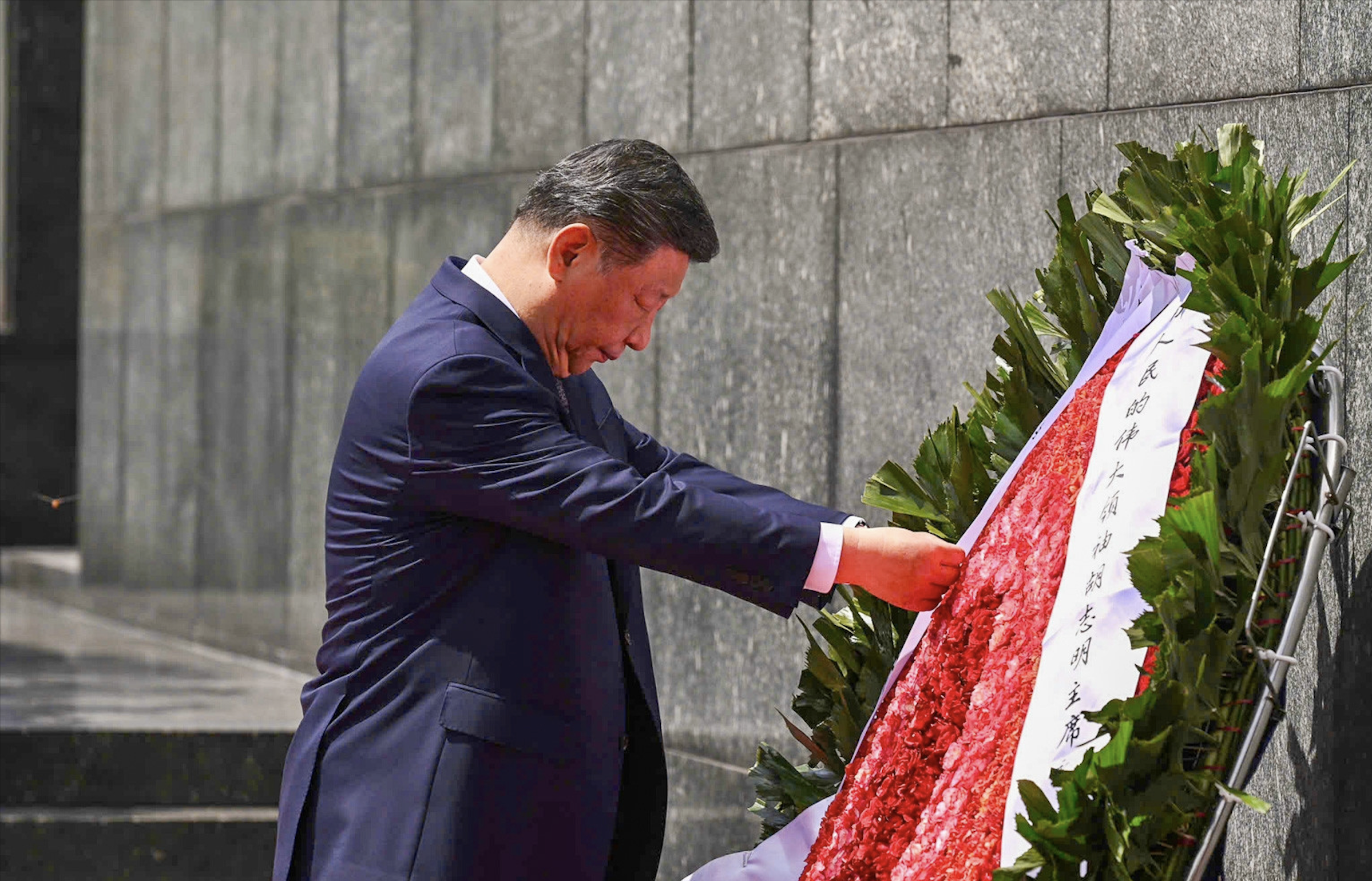
![[Photo] Air Force actively practices for the April 30th celebration](https://vstatic.vietnam.vn/vietnam/resource/IMAGE/2025/4/15/16fdec3e42734691954b853c00a7ce01)
![[Photo] President Luong Cuong holds talks with General Secretary and President of China Xi Jinping](https://vstatic.vietnam.vn/vietnam/resource/IMAGE/2025/4/15/f7e4c602ca2f4113924a583142737ff7)
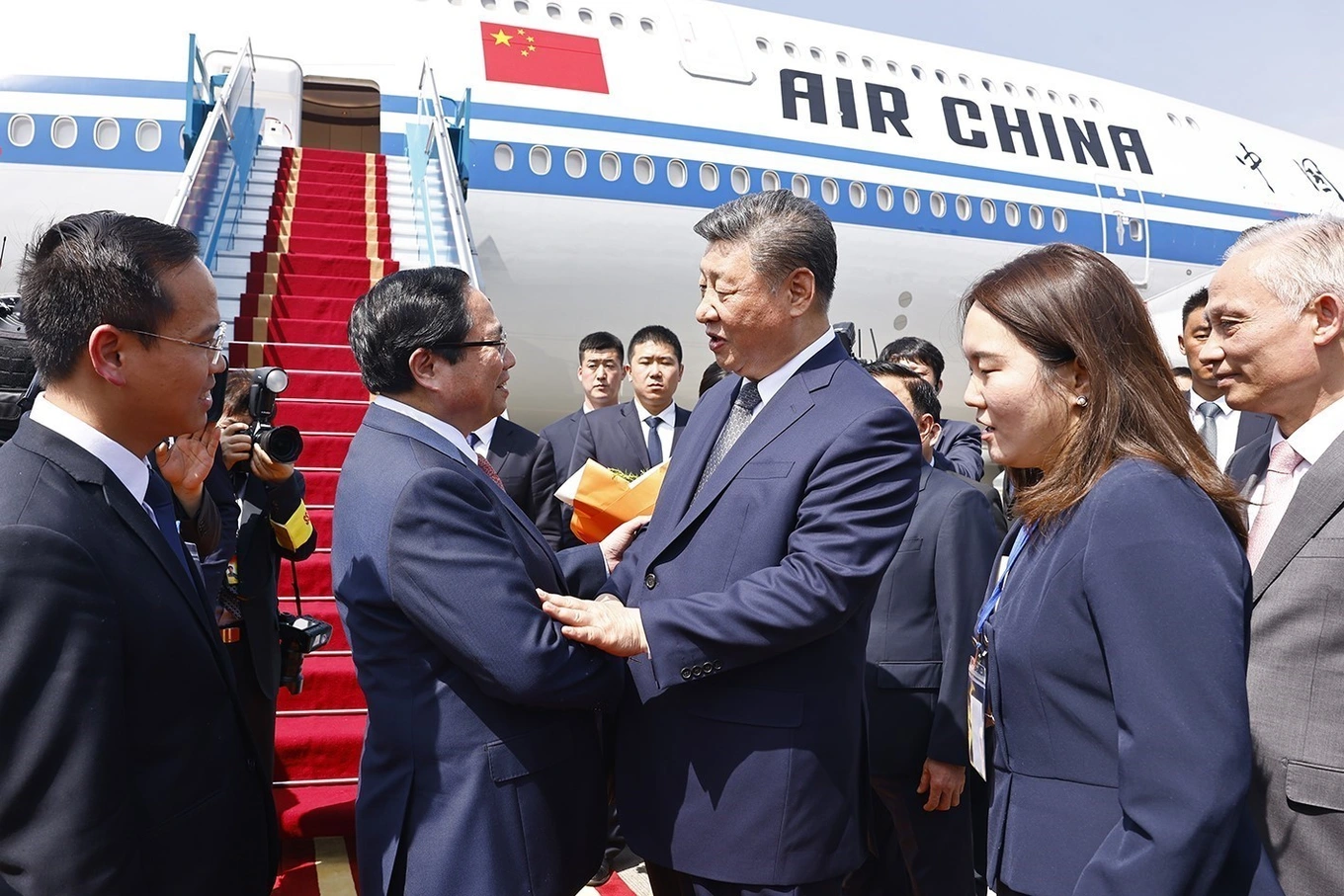
![[Photo] Prime Minister Pham Minh Chinh works with state-owned enterprises on digital transformation and promoting growth](https://vstatic.vietnam.vn/vietnam/resource/IMAGE/2025/4/15/f55bfb8a7db84af89332844c37778476)
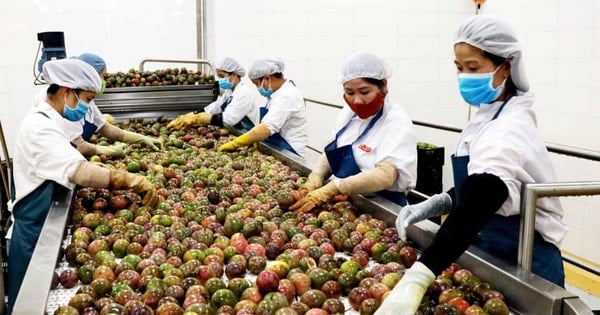
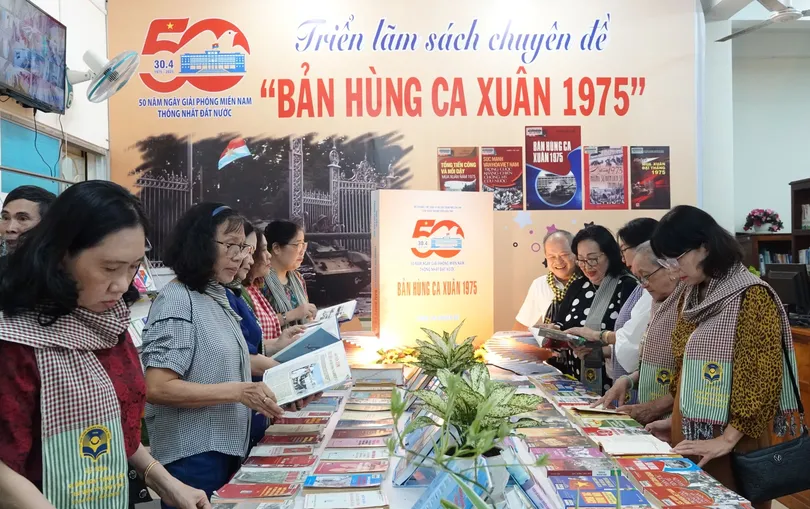
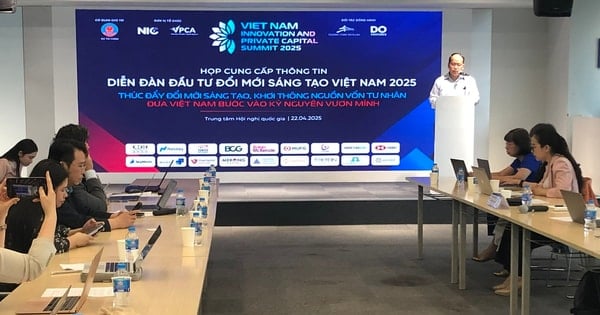
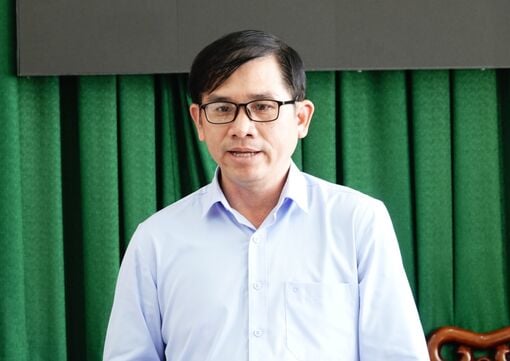

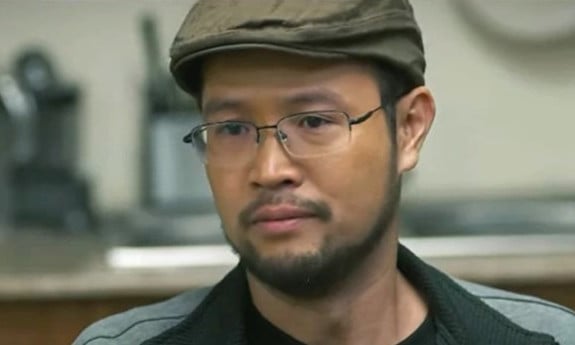




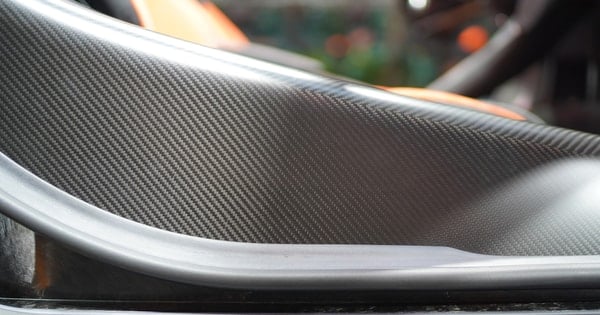
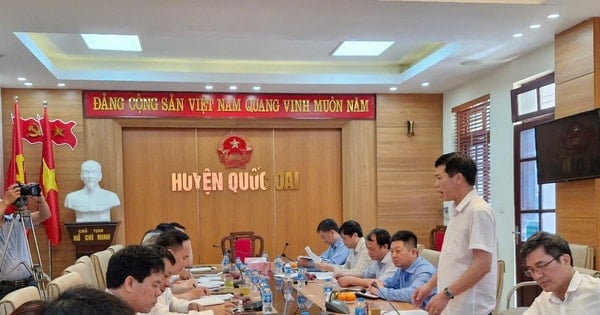
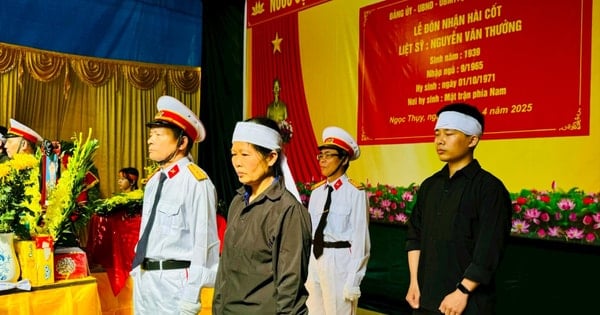
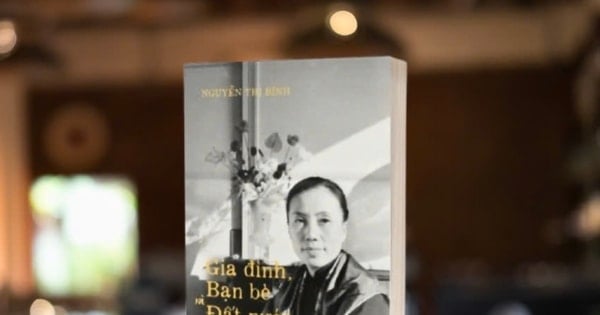
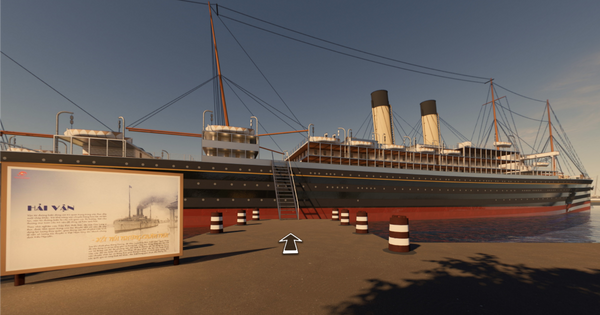
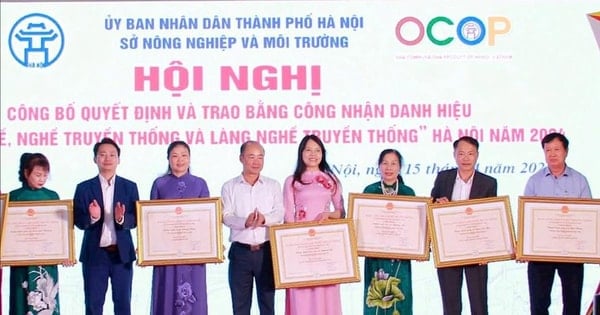
![[Photo] General Secretary To Lam meets with veteran revolutionary cadres, meritorious people, and exemplary policy families](https://vstatic.vietnam.vn/vietnam/resource/IMAGE/2025/4/15/7363ba75eb3c4a9e8241b65163176f63)




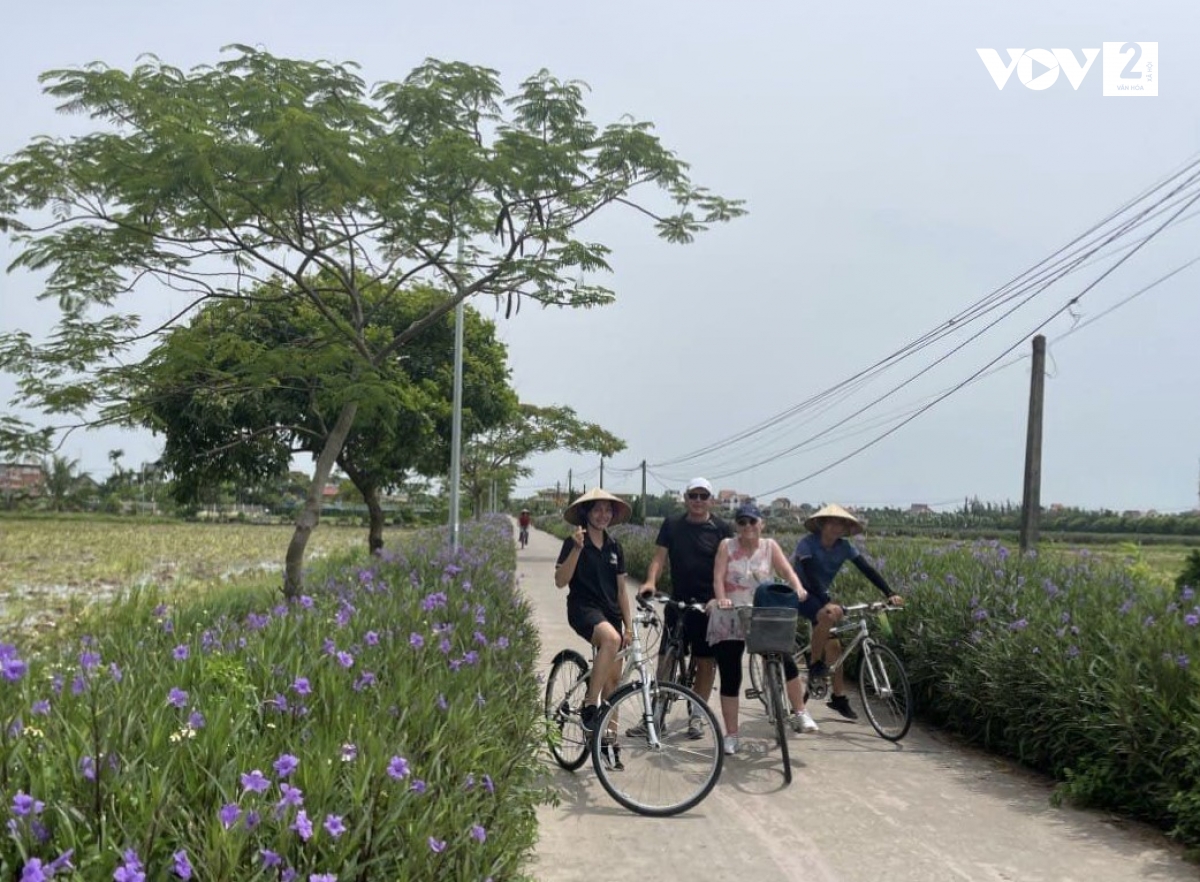

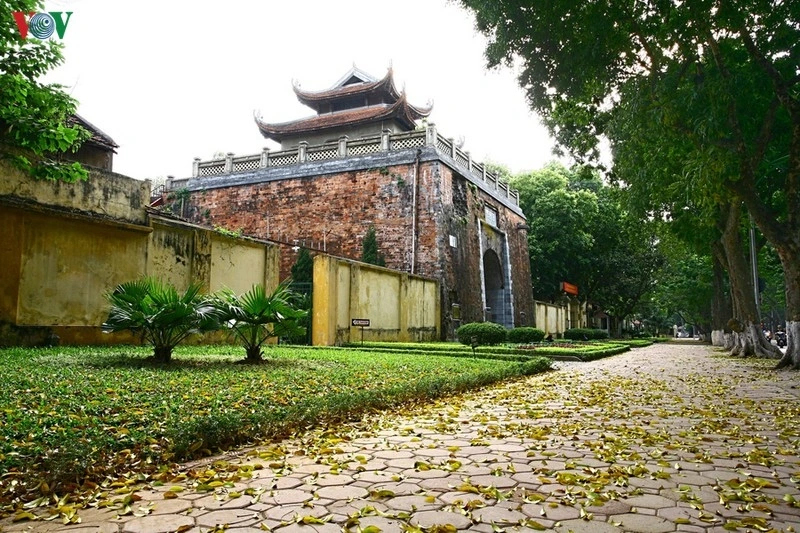
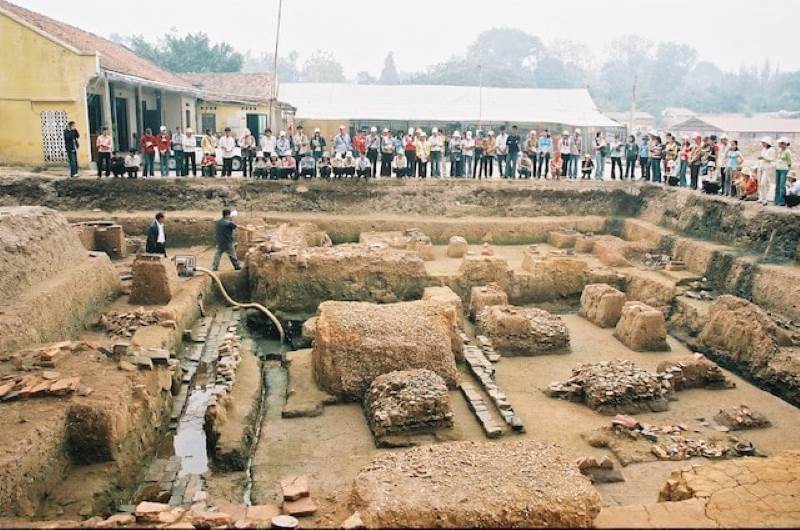



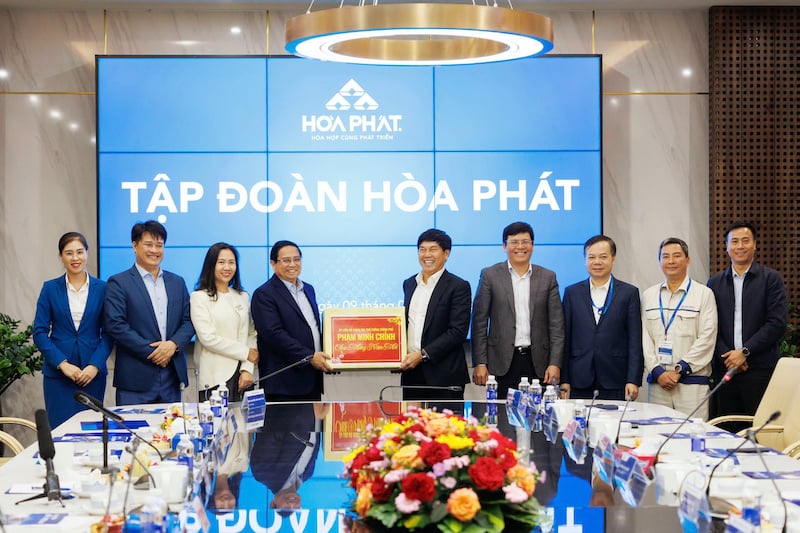

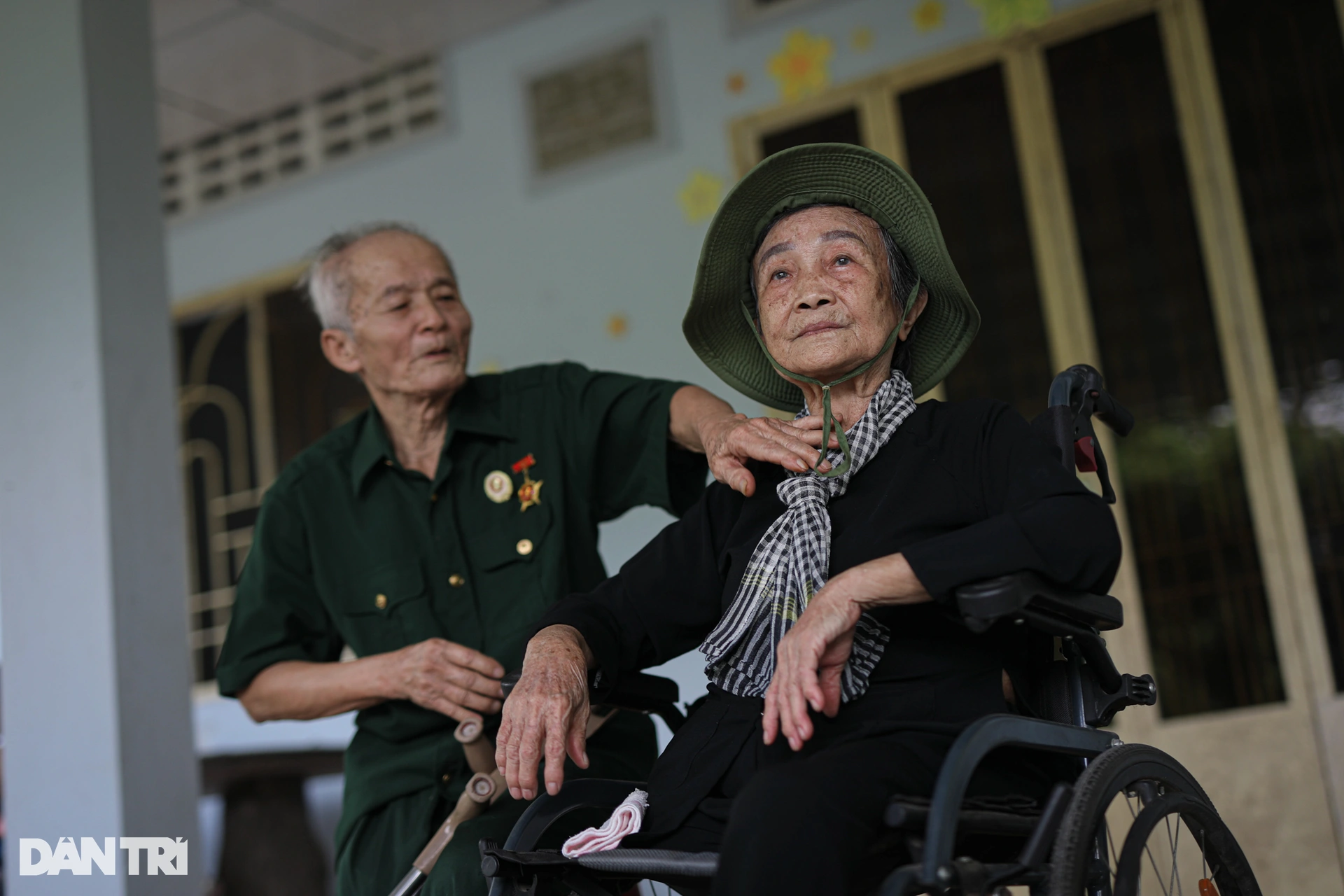

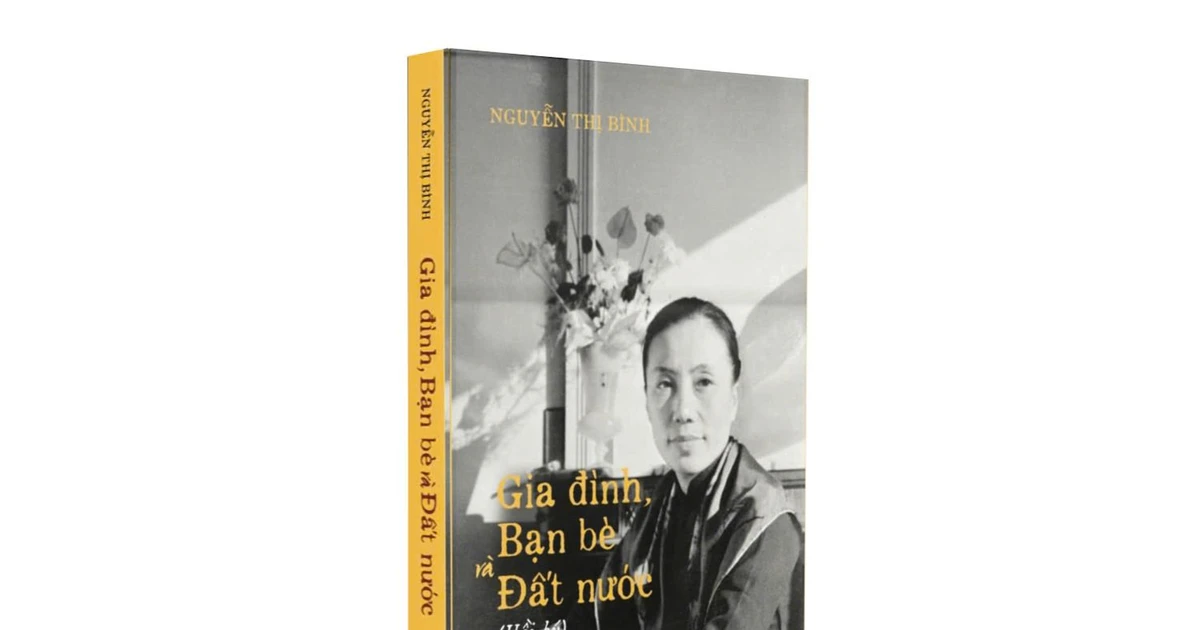
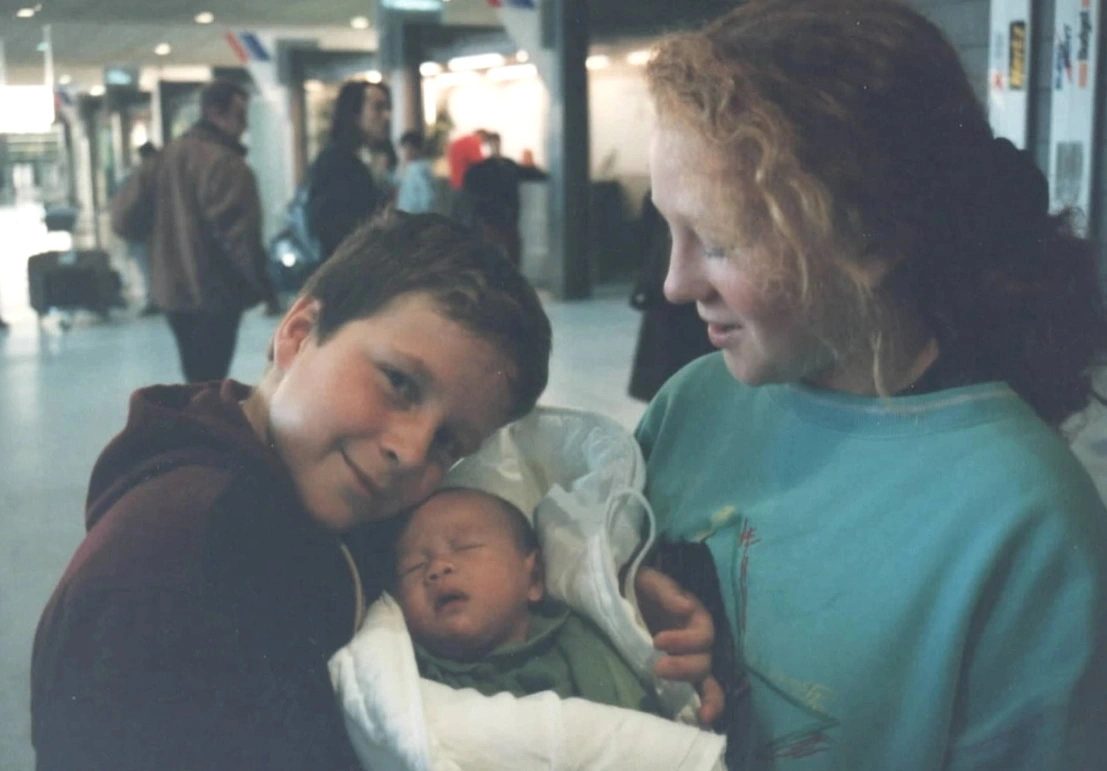

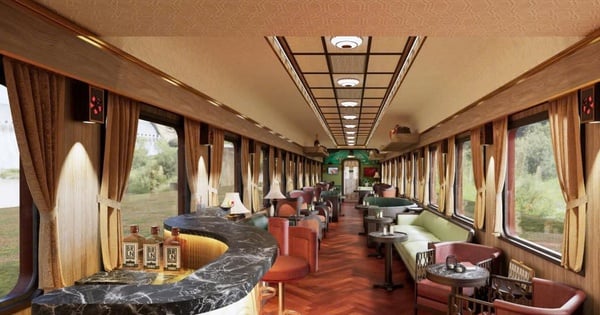



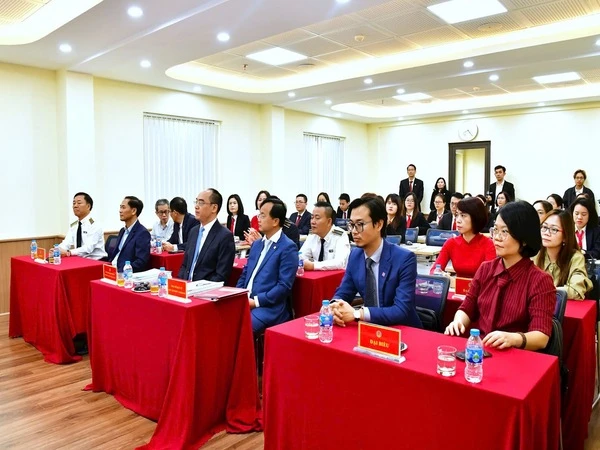
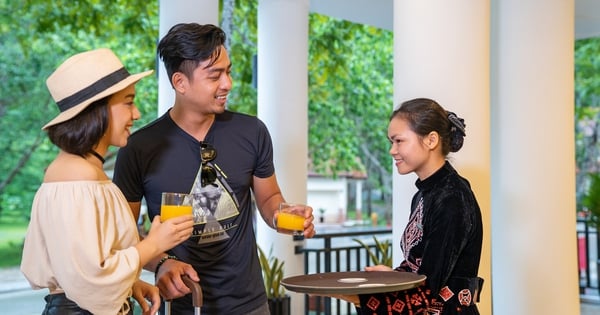

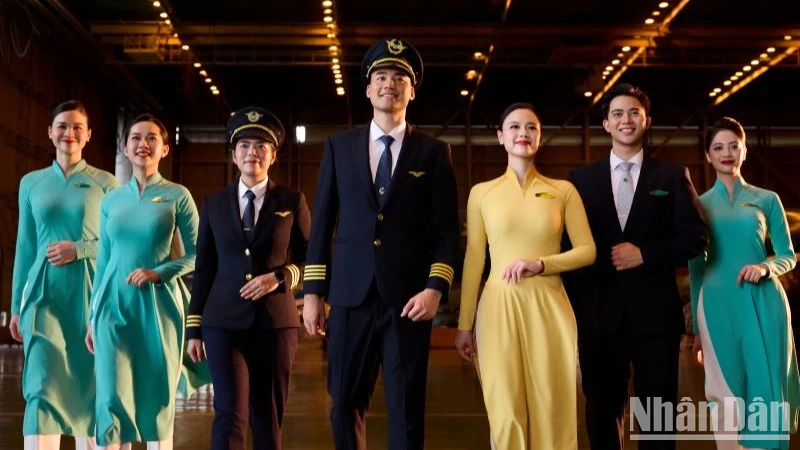








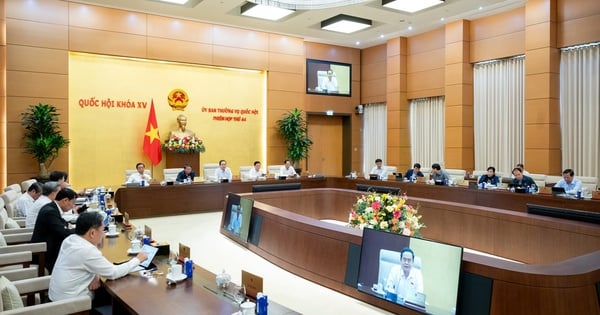

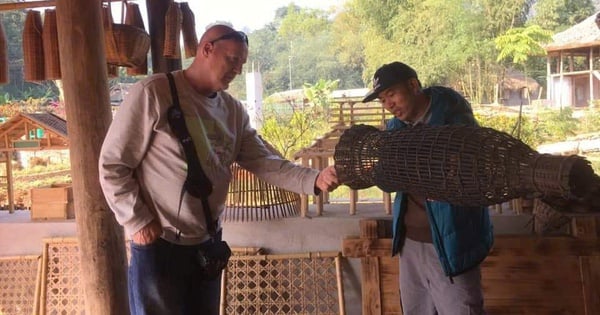

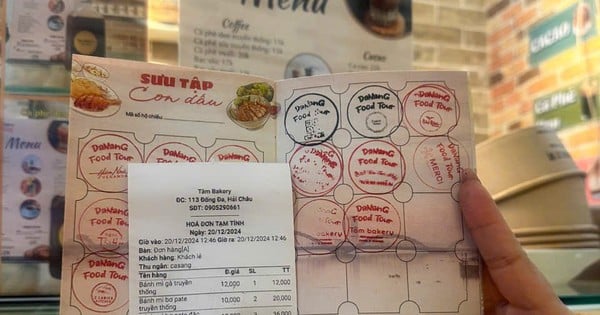
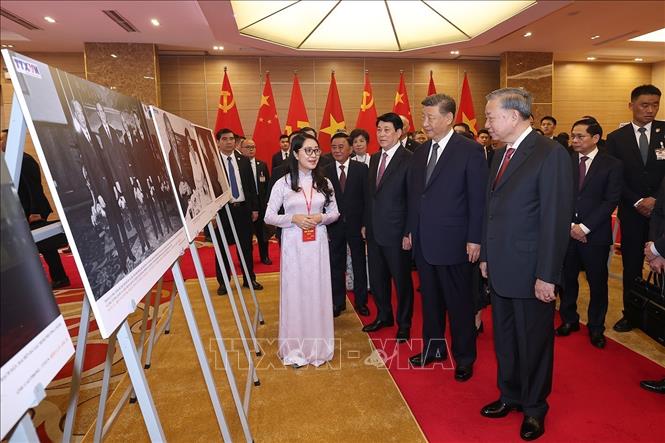

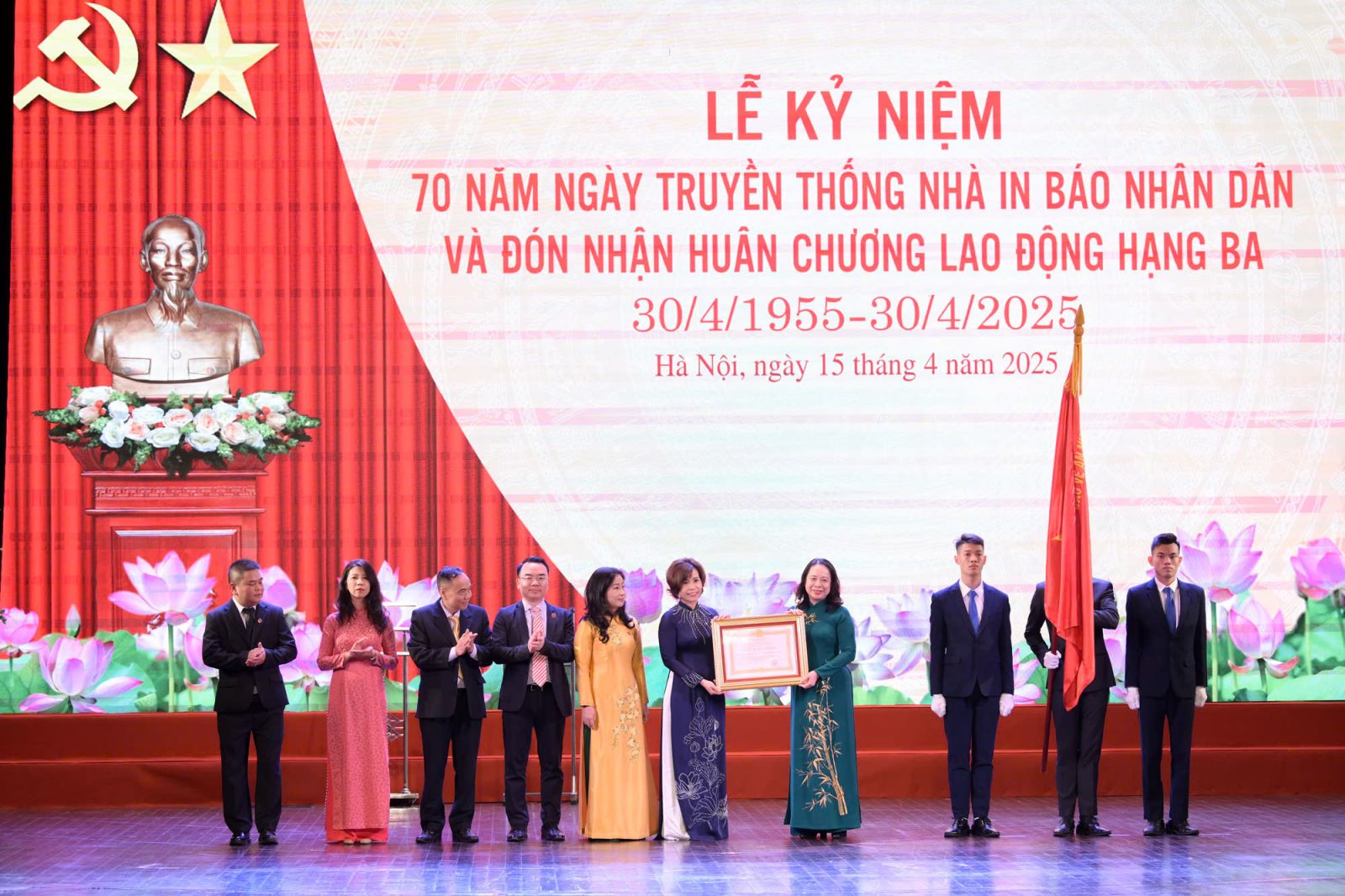
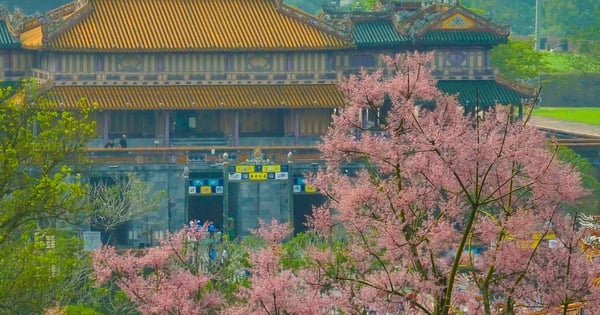



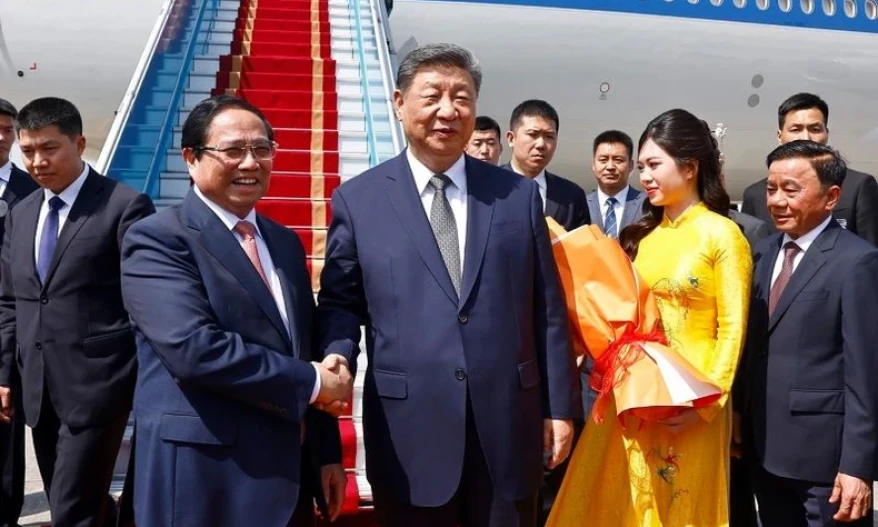
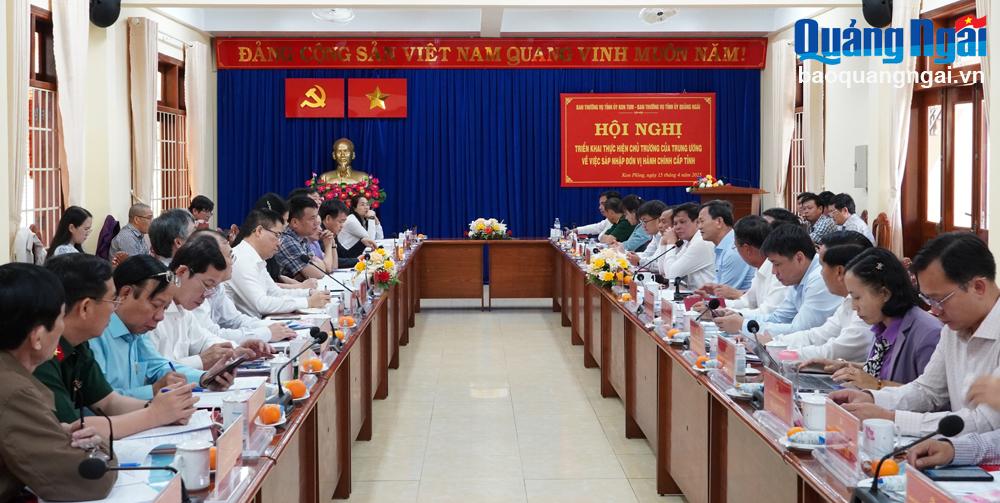
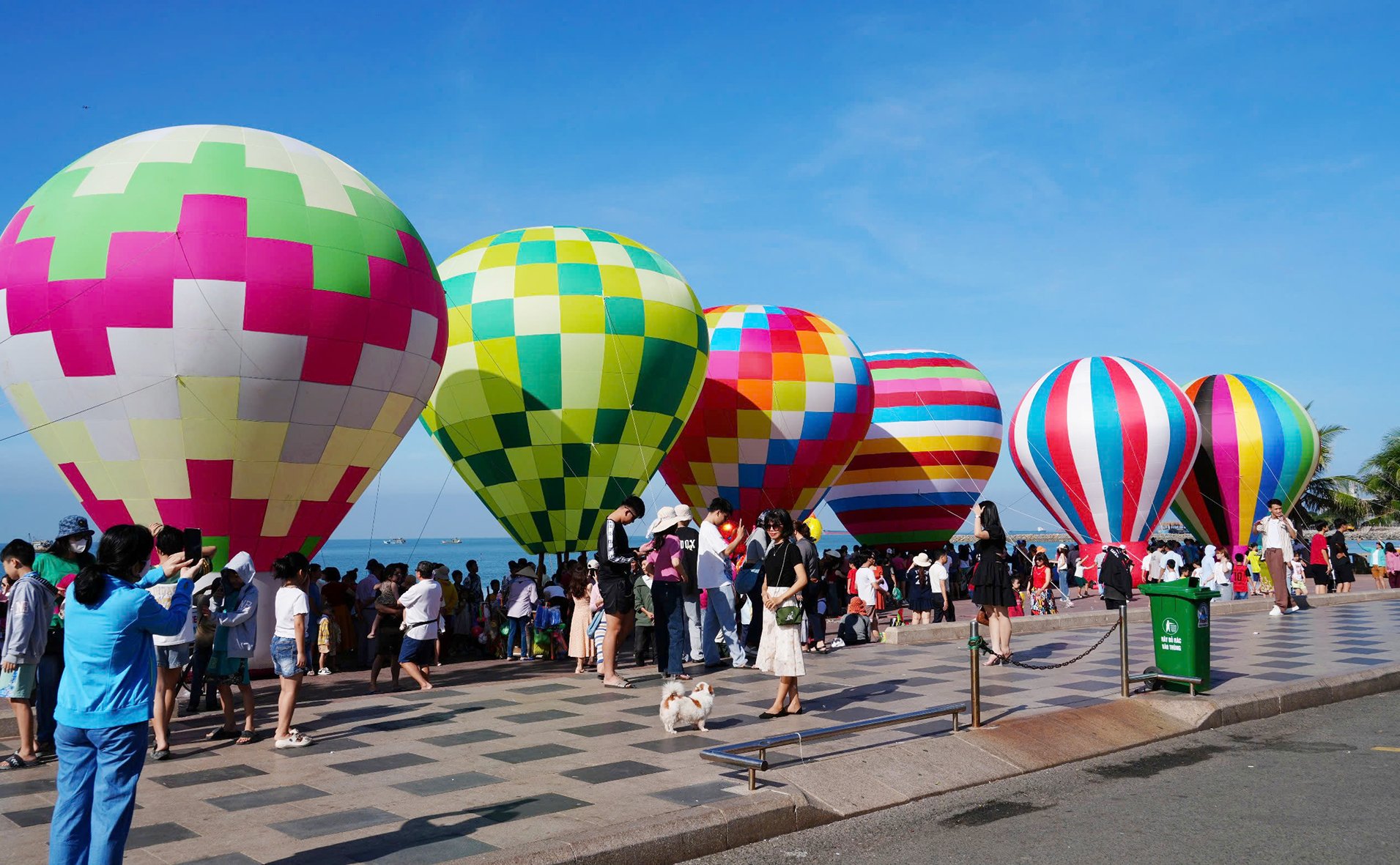

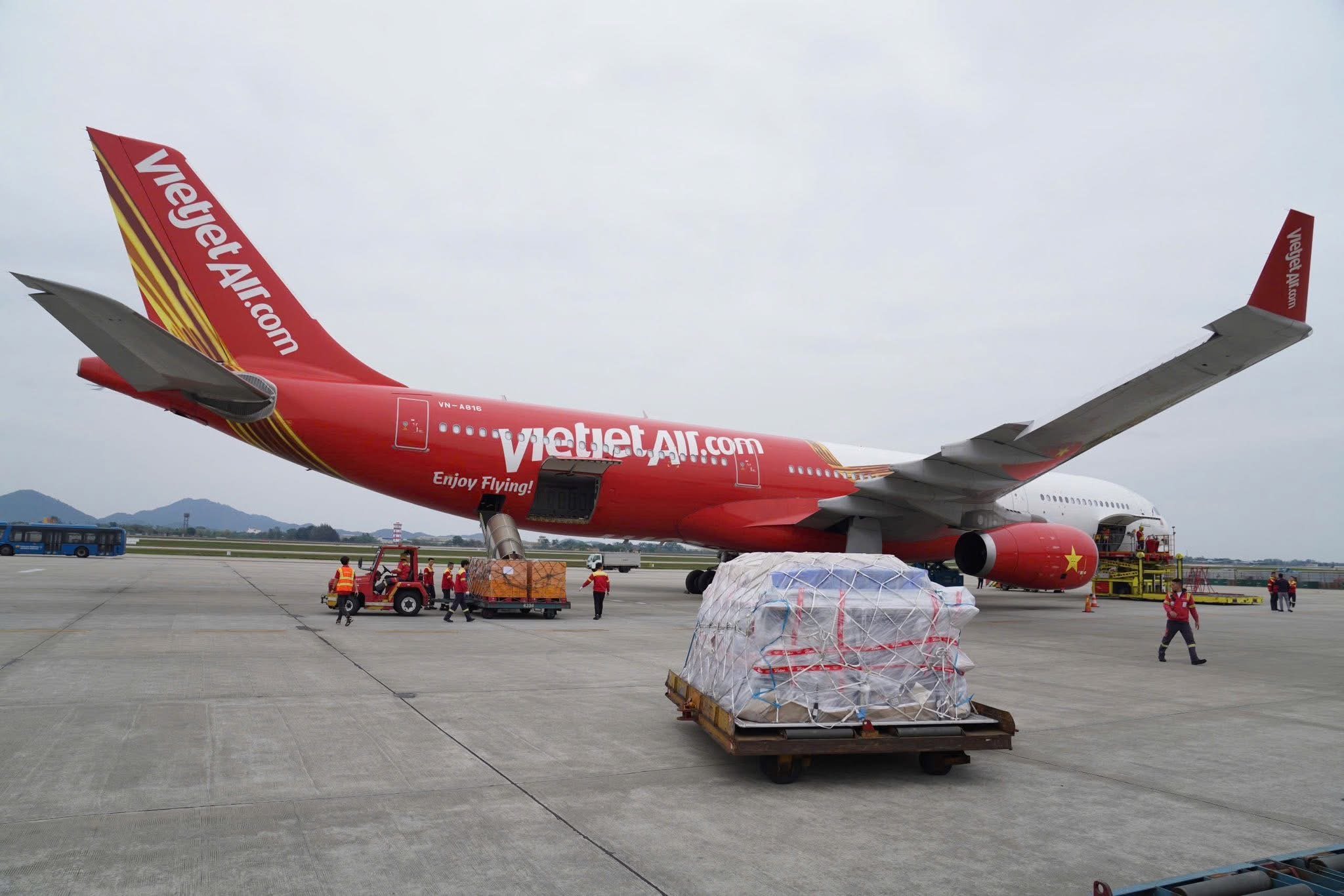
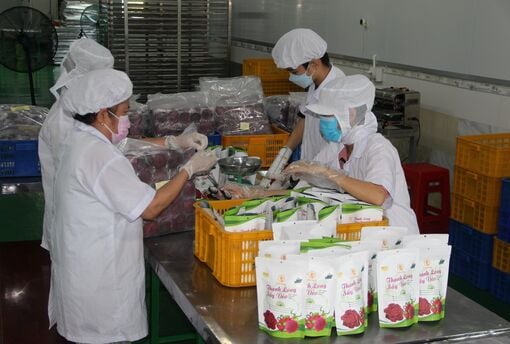



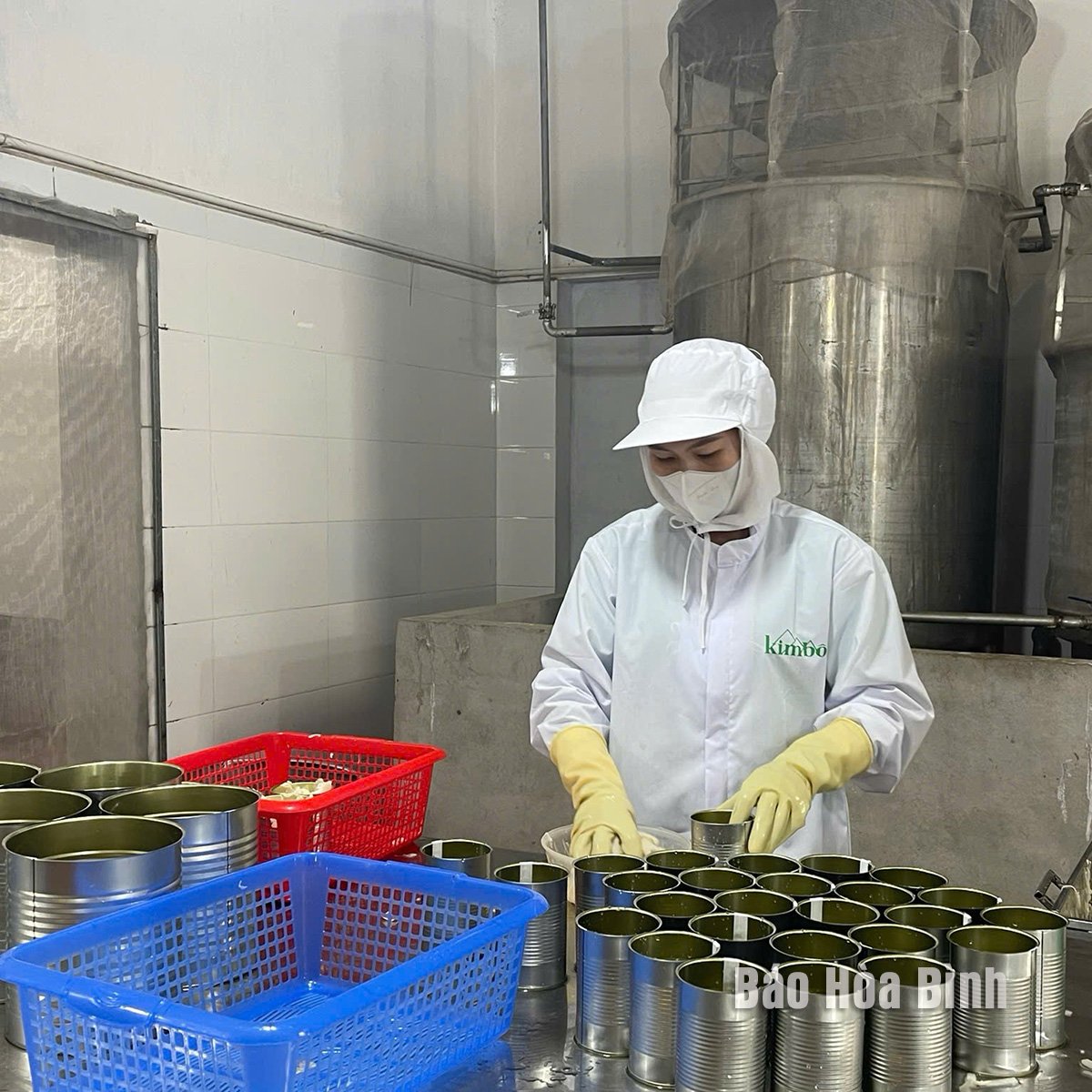

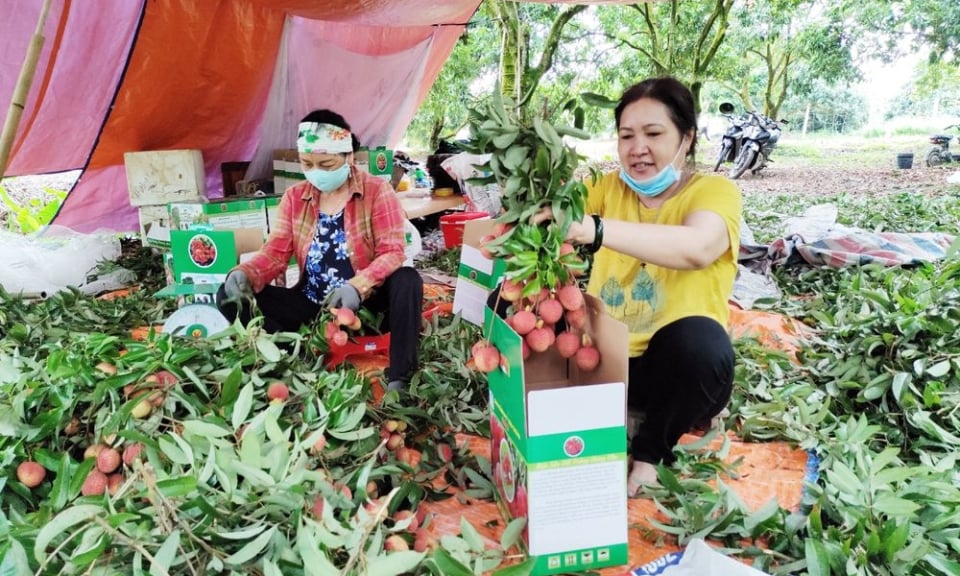

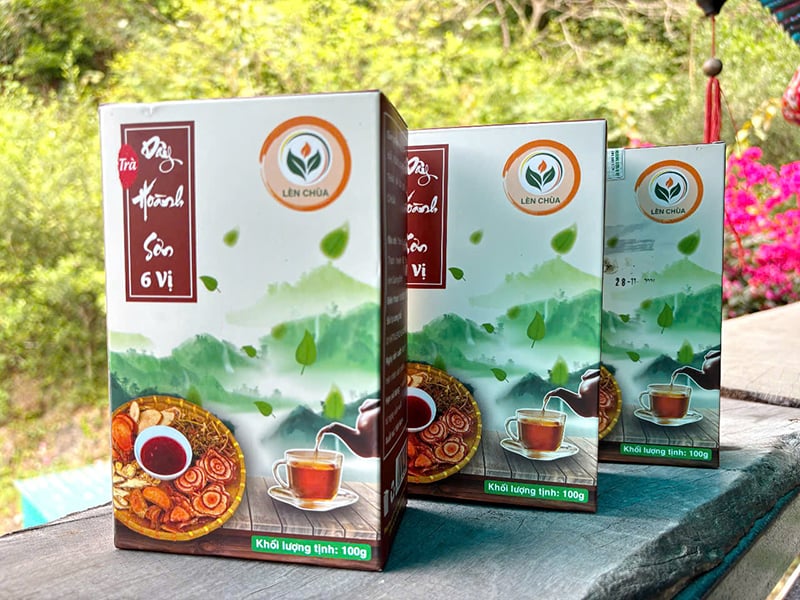
Comment (0)